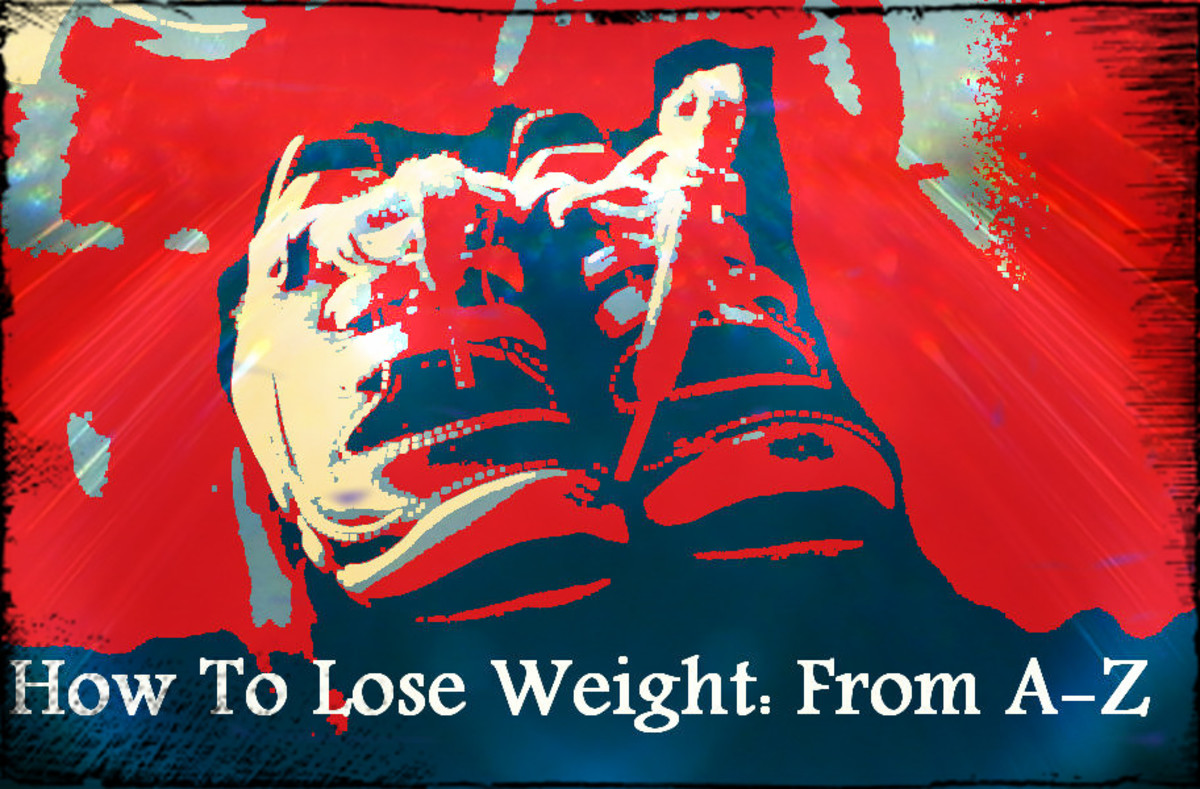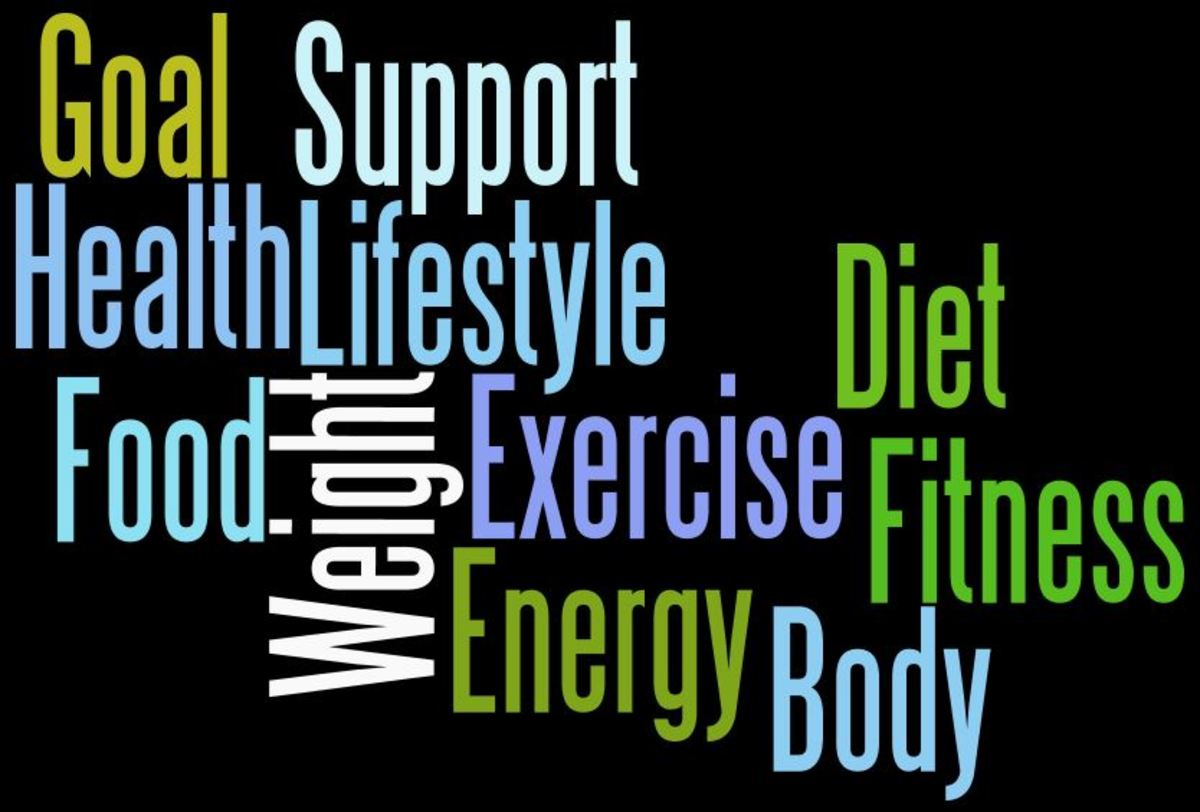Are Your Workouts Preventing You From Losing Weight?

The More You Workout, The Less You Lose
Many people may have the assumption that the more you exercise, the more weight you will lose. It’s true that when more calories going out of your system than are going into your system, you will receive a calorie deficit, and therefore lose weight. That being said, if the body is being too overworked to burn those calories it actually has a negative impact. The body will adjust to try to compensate for the extra stress it’s receiving. Just like if you starve yourself by not eating for a few days, if you over work your body from too much exercising, your metabolism will slow and go into starvation mode.
The Dangers of Over-Exercising
Other than just halting your weight loss goals, over-exercising also poses many dangers. Some of these dangers include severe dehydration, muscle and joint injuries, chronic headaches and fatigue, and even loss of muscle. You can also deplete your body of essential nutrients with the effects of this showing up later in life. In essence, when you over-exercise you lose almost any benefits the exercise was giving you in the first place.
Why Exercising Won’t Guarantee Weight Loss
The number one reason why a lot of people exercise is for weight loss. What a lot of people don’t know is that exercising only moderately helps in weight loss. The major way weight loss is really achieved is through reducing your caloric intake. Many studies have shown that when people exercise without dieting, no major weight loss occurs. When people diet alone, significant weight loss is usually achieved. When people diet and exercise, slightly more weight loss is achieved than when dieting alone. More studies show that even between the people who exercise, those who exercise less, lose more weight over time. This shows that exercising does help with your weight loss efforts, but not in a big way that people are led to believe.
The reason why exercise won’t guarantee significant weight loss, if any at all, is because if you don’t eat enough to compensate for the extra energy your body is using (as explained earlier), your metabolism adjusts to save energy. Sometimes the amount you need to eat to compensate is close to the same amount that was burned in the first place. You might also compensate by expending less energy than you normally would have throughout your day. For example, you may sit more instead of stand, you may go to bed early, or you may lounge around at home more. This is because exercise, mainly over-exercising, can actually make you feel more tired because the body is trying to make up for the loss of fuel. You may also eat more calories in your day than you normally would. This will negate any extra calorie burn you received from the exercise in the first place.

How Much Should You Exercise for Optimal Weight Loss?
The amount of exercise a person should get can vary from person to person. Health professionals suggest 30 minutes a day or about 300 calories burned. This is a good guideline to stick to. Don’t give into the hype of reality television shows, and the extreme amount of exercise for weight loss they showcase. If the goal is to lose weight, hopefully it’s also to keep it off. Not only is it unhealthy and dangerous to put your body through all of that stress, it’s also unrealistic and impossible to keep up. You don’t even need to workout everyday. The body needs rest and the focus on losing weight should be placed more on calorie reduction while seeing exercise as a small bonus.
Signs You Might Be Over-Exercising
You might be over-exercising if you are experiencing many of these symptoms:
- Constant Fatigue
- Change in Sleep Patterns (sleeping too much or too little)
- Chronic Headaches
- Unexplained Dizziness
- Short Term Memory Loss
- Lack of Appetite
- Weight Gain
- Weakened Immune System
- Feeling Exhausted After a Workout
- Body Soreness That Lasts For Days
Other Reasons to Exercise
Other than weight loss, there are many other benefits and reasons for moderate exercise, these include:
- Physical Fitness
- Lower Blood Pressure
- Reduces Risk of Type II Diabetes
- Stronger Immune System
- Healthier Bones
- Improves Breathing
- Better Sleep
- Reduces Stress
- Reduces Depression
- Increases Your Memory
- Provides Energy
Have You Ever Been Tempted to Exercise More in Hopes of Losing More Weight?
Related Articles
Disclaimer: Before undertaking any diet or exercise plan, please consult your physician or healthcare professional. UltimateLife is not a doctor or trained health professional. Thank-you for your interest and support!
© 2013 Michelle V








